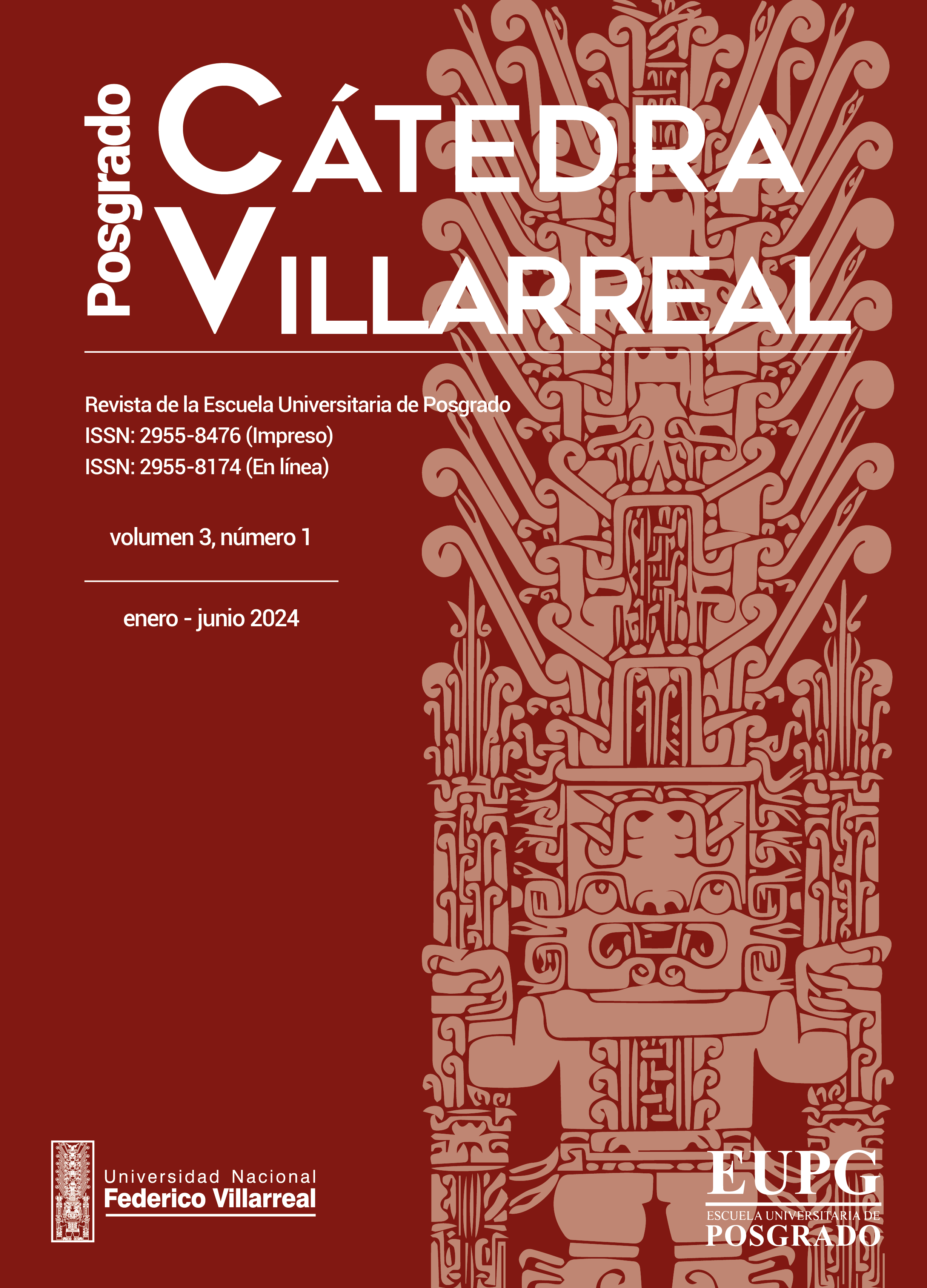Social resilience to climate change and participatory public budgeting in poor regions 2018-2024
DOI:
https://doi.org/10.62428/rcvp2024311902Keywords:
emergency, Social resilience, climate change, resilient infrastructure, emergency, climate changeAbstract
The objective was to analyze the influence of the participatory budget in the formation of social resilience in a context of climate change in poor regions: Ayacucho, Huancavelica and Pasco - Peru. Official statistics and interviews were used - public budget and INEI. The increase in emergencies due to climate
events of greater frequency and intensity and rapid gestation was evident. The strengthening of social resilience is associated with three limiting factors; the accessibility of the resources assigned through the Participatory Budget to address the problems generated by Climate Change events; the disagreement between the programs and projects that, being linked to the Concerted Development Plan, leave very little space for society to negotiate solutions regarding short-term problems that may be basic and urgent to solve, which, not being a priority within the plan, are not addressed; the perception of the population and social actors that the problems linked to climate change must be resolved by the national government and not necessarily addressed with the resources of the participatory budget. In this context, it is necessary to build resilient infrastructure and enhance social response capacity, ensuring that communities can face and recover from the challenges of climate events; the participatory budget could play two roles: being a traditional instrument for allocating financial resources and training the population to actively participate in the process of social resilience.
Downloads
Published
How to Cite
Issue
Section
License
Copyright (c) 2024 Eulalia Jurado Falconí, Reynaldo Uladislao Bringas Delgado

This work is licensed under a Creative Commons Attribution-NonCommercial-ShareAlike 4.0 International License.
Eres libre de
- Compartir : copiar y redistribuir el material en cualquier medio o formato.
- Adaptar : remezclar, transformar y construir sobre el material.
El licenciante no puede revocar estas libertades siempre que cumpla con los términos de la licencia.
Bajo los siguientes términos:
- Atribución : debe dar el crédito apropiado , proporcionar un enlace a la licencia e indicar si se realizaron cambios . Puede hacerlo de cualquier manera razonable, pero no de ninguna manera que sugiera que el licenciante lo respalda a usted o su uso.
- No comercial : no puede utilizar el material con fines comerciales .
- CompartirIgual : si remezclas, transformas o construyes a partir del material, debes distribuir tus contribuciones bajo la misma licencia que el original.
- Sin restricciones adicionales : no puede aplicar términos legales ni medidas tecnológicas que restrinjan legalmente a otros hacer cualquier cosa que la licencia permita.
Avisos:
- No tiene que cumplir con la licencia para elementos del material que sean de dominio público o donde su uso esté permitido por una excepción o limitación aplicable.
- No se dan garantías. Es posible que la licencia no le otorgue todos los permisos necesarios para el uso previsto. Por ejemplo, otros derechos como publicidad, privacidad o derechos morales pueden limitar la forma en que utiliza el material.












